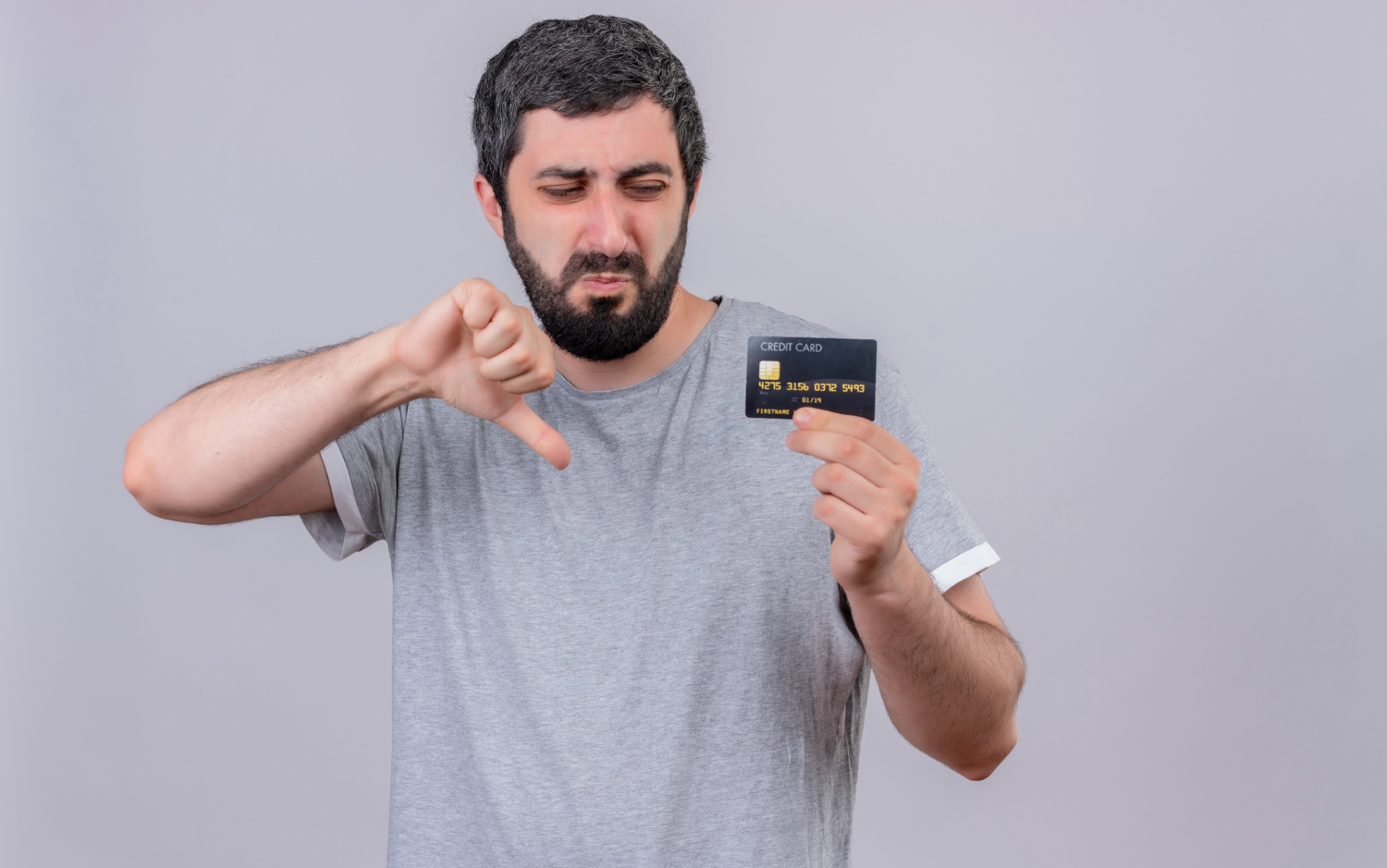Credit Card Debt affects millions of people across the UAE, but most focus only on the financial numbers. The hidden psychological damage often proves more devastating than the monthly payments themselves.
Many residents struggle with debt-related stress without realizing how deeply it affects their mental health, relationships, and daily life. Understanding these psychological costs helps people take the right steps toward recovery.
How Debt Stress Affects Daily Life
People carrying Credit Card Debt often experience physical symptoms like headaches, stomach problems, and fatigue. The body responds to financial stress the same way it handles any major threat.
Relationships suffer when money becomes a constant source of tension. Couples argue about spending, families postpone important decisions, and social activities get cancelled due to financial constraints.
Work performance declines when employees worry about money during office hours. Productivity drops, career advancement stalls, and job satisfaction decreases significantly.
The Cycle of Emotional Spending
Many people use shopping as a way to cope with stress and negative emotions. This creates a dangerous cycle where debt causes stress, which leads to more spending and deeper debt.
Credit Card purchases provide temporary emotional relief but create long-term financial problems. People buy things they cannot afford to feel better about their situation.
Breaking this cycle requires understanding the emotional triggers that lead to unnecessary purchases. Recognizing these patterns helps people develop healthier coping mechanisms.
Social Isolation and Relationship Damage
Credit Card Debt often forces people to decline social invitations they cannot afford. This leads to isolation and damaged friendships over time.
Many people feel embarrassed about their financial situation and withdraw from family gatherings, work events, and community activities. The Cost of Credit Card problems extends beyond money into social connections.
Children in families with debt stress often sense the tension even when parents try to hide financial problems. This creates anxiety and insecurity that affects their emotional development.
Sleep Problems and Health Issues
Financial worry disrupts sleep patterns, leading to insomnia and chronic fatigue. People lie awake calculating payments and worrying about their financial future.
Stress hormones released during financial anxiety can cause serious health problems, including high blood pressure, heart disease, and digestive issues. The Cost of Credit Card Debt includes real medical expenses.
Poor sleep and constant stress weaken the immune system, making people more susceptible to illnesses and infections. This creates additional medical bills that worsen the debt situation.
Building Emotional Resilience
The first step toward healing involves accepting the current situation without self-blame. Financial mistakes happen to intelligent, hardworking people in every income bracket.
Creating a realistic budget provides a sense of control over the situation. When people understand exactly where their money goes, they feel less helpless about their circumstances.
Setting small, achievable goals helps rebuild confidence. Paying off one small Credit Card balance creates momentum for tackling larger debts.
Practical Coping Strategies
Regular exercise helps manage stress hormones and improves mood naturally. Walking, swimming, or simple home workouts provide relief without additional expenses.
Meditation and deep breathing exercises cost nothing but provide significant stress relief. These techniques help people stay calm when facing financial pressures.
Talking to trusted friends or family members reduces the emotional burden of carrying debt secrets. Most people understand financial struggles and offer support when asked.
Professional Help Options
Many UAE residents benefit from speaking with debt management professionals who understand both financial and emotional aspects of debt recovery. These experts provide practical solutions while addressing psychological concerns.
Mental health counselors help people develop healthy coping mechanisms for financial stress. Therapy sessions teach techniques for managing anxiety and depression related to money problems.









